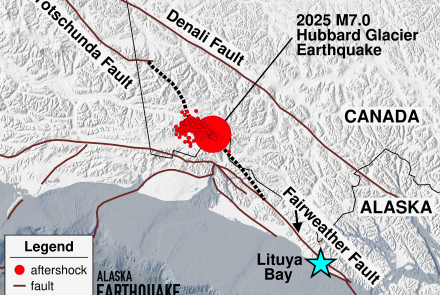Mosquito Zappers
Back in March, we mail-ordered a mosquito zapper from Sears. This is a gadget about the size of a flip-top trash can that looks like a roll of chicken wire with a tin hat on top and an ultraviolet light in the middle. The theory, says the brochure, is that mosquitoes are attracted by the light, and when they enter through the wire mesh, they are zapped by static electricity between two interior screens.
Looking forward to spring during those days of late winter, this sounded like a pretty good investment, despite the $150 price tag. By the time the contraption arrived in the mail, the days had lengthened, and we began to question the wisdom of buying something that was supposed to attract insects by light, when it was light outside practically all the time.
But in early May, we sat it out on the deck (about ten feet above ground level) and plugged it in. The first results were disappointing, but there weren't too many mosquitoes out by that time anyway. By the second week, things were looking up, and we would empty a hundred or so mosquitoes out of the tray every morning.
At this point, it appeared time to do a little investigative reporting. For several nights, my wife, daughter and I ate dinner on the deck where the zapper was sitting. I sat closest to the zapper, my daughter about four feet away, and my wife about ten. We each kept a score card recording how many mosquitoes landed on us and we swatted, and at the same time, kept tally of how many were zapped by the zapper.
Things began to get confusing after a while, but during the most carefully monitored 10-minute period, I swatted 16 mosquitoes, my daughter 14, and my wife 10. The zapper got 8.
But was this a fair test? There is an axiom in quantum physics called the Heisenberg Uncertainty Principle which states that it is impossible to perform certain measurements on the natural state of subatomic particles because the act of measuring itself disrupts the natural state of the environment.
If this gobbledygook sounds like some sort of Catch-22, it is. But this is essentially what we were doing in the mosquito count. The question is: did our presence attract the mosquitoes that the zapper zapped, or did the zapper attract the mosquitoes that bit us? In any case, there is no way to tell what the present mosquito population would be on the deck or in our yard today if we had not had the zapper going for two weeks. Also, you're not supposed to sit right next to the thing as we were doing, but to place it some distance away. After all, it's an attractant, not a repellent.
It's impressive to watch the zapper in action. The fireworks, consisting of miniature lightning bolts about an inch long, and the satisfying and sizzling zap (there's no other word for it) produced when an errant mosquito wanders into the net are out of all proportion to the feeble 40 watts that the unit requires. It's understandable that the brochure advises that you keep the kids' fingers out of the screen.
All in all, I've been pretty impressed with the thing. I can't say for certain that it significantly reduced the number of mosquitoes around our place, but it sure hasn't hurt any. And if you're looking for something different to do for the evening, it's interesting to watch.




